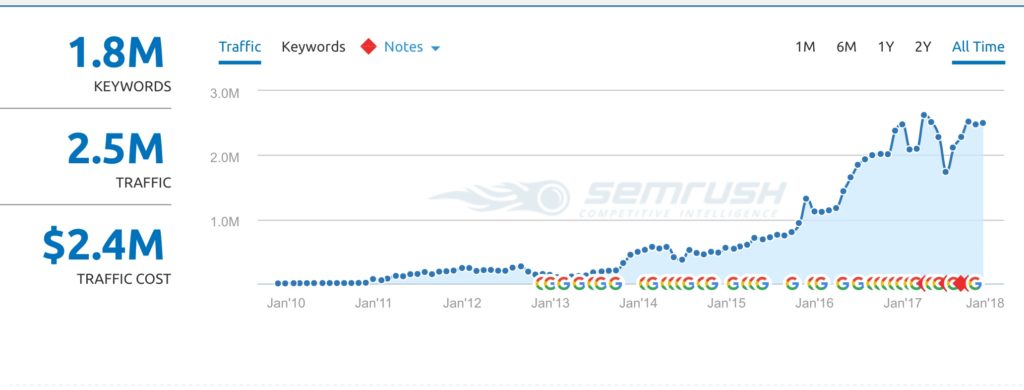Today I saw a tweetstorm from someone I respect in the consulting space who was essentially saying that as a leader or an executive, your job is to make change happen, not to be popular.
He went on in that to tell the story of doing away with a margarita cart “tradition” on his team that had made $300M the previous year and posted a loss of $30M. Within 8 months 80% of his team was gone, within 12 his team was rebuilt, and they grew their business and turned a profit the next year.
But he wasn’t popular. One employee begged him to make the team “like it was before”. He said no, and she was one of the first to quit.
This made me realize my approach to building a team or a company, or consulting with a company:
I don’t care in the short term if you think I’m being effective.
I care two years down the road if I was.
This is tough for me to say and to put into practice because I am a people pleaser. I think I want everyone to be “happy”.
But “happy” is not what we should optimize for in business, in my opinion. There are a lot of “happy” people who are ineffective and working at companies who are failing. Will they be happier long term if they have a job in six months or if they have a ping pong table?
My educated guess is the former.
When I’ve built teams, I’ve realized that I don’t really care about being liked or being the favorite person in the office who people go to when they’re having a bad day or who gets invited to lunch all the time.
I am not the life of the party.
I care about driving results.
I’ll admit that this has seemed to work against me in the past. I had coworkers who didn’t really like me, or actively disliked me and tried to undermine me to my boss, because I was not playing within their system.
I caused strife at the company. I could be a divisive force.
I’ve spent some time considering if I would do things differently in retrospect. Do I wish I had been more political and had them on my side?
I did some things that I would change in retrospect. I was in a tough and stressful time personally and so I was short with people sometimes. I said some things I regret that definitely caused me some issues later. And I hurt some people and wish I could go back and apologize to them.
But now I look at the company’s growth numbers and they are off the charts. They look to have grown about 4x since I stopped working on it. The team that has driven it is the team I put in place and they were able to execute because of the team I campaigned for and was able to hire.
Check it out:

When I look at that graph, I’m proud. I’m proud of the people who have worked over the last few years to make it happen. I’m proud of them executing on things that needed to happen. I’m proud that they’re building a brand that matters, a product that people love, and are seeing success.
And I’m proud to have played a pivotal role in it.
I’m proud to have contributed to a cultural shift that made this possible.
This drives home even more that I don’t care if I’m liked or perceived as effective in the short term.
I care that I was effective two years down the road when the data is clear.

Being popular can be effective in its own way.
But likely not in the workspace.
What is frustrating is when popularity is rewarded over work output via promotions etc.
I definitely agree that being effective is a lot better to prioritize than making everyone like you. (That isn’t to say that fostering a positive office culture isn’t important though.)